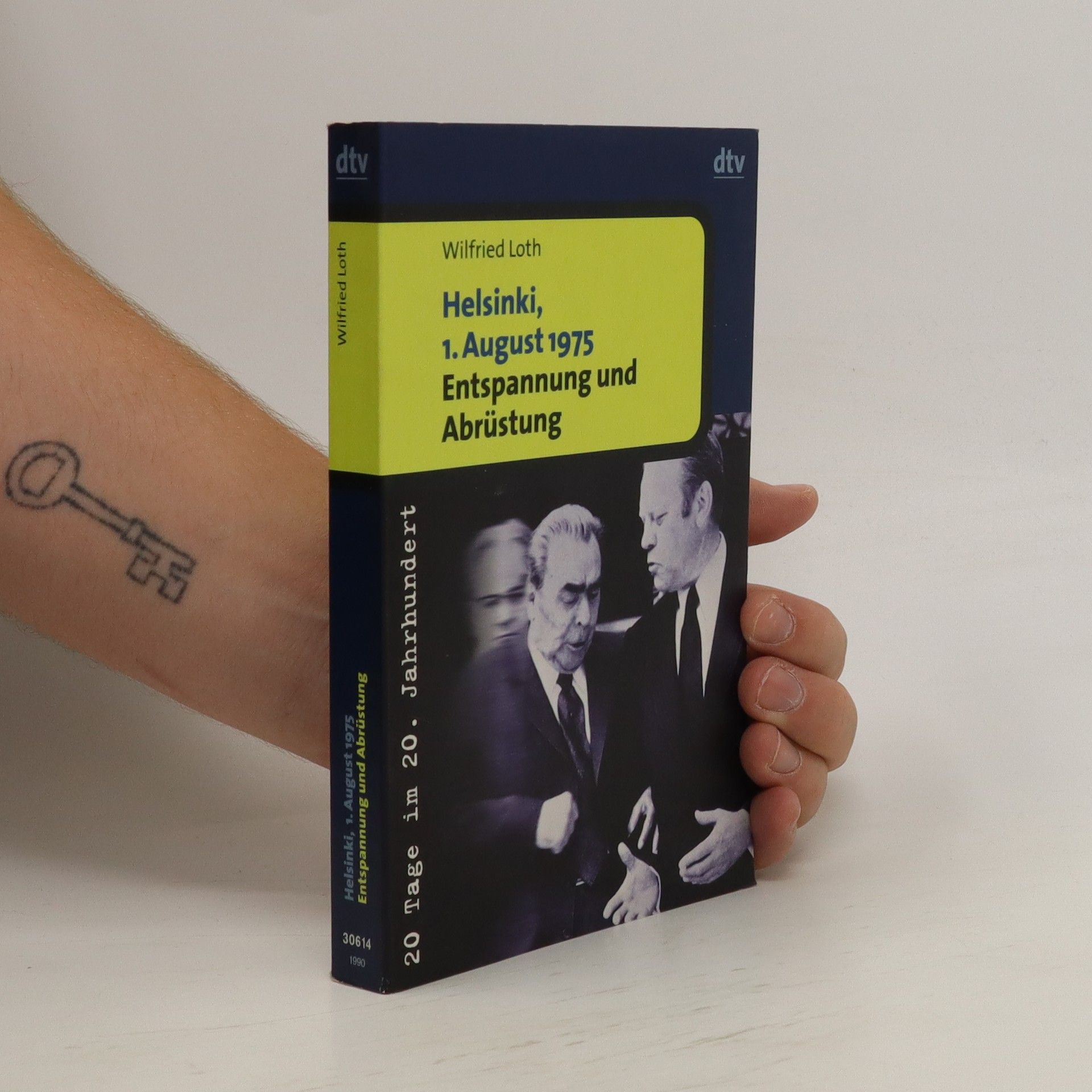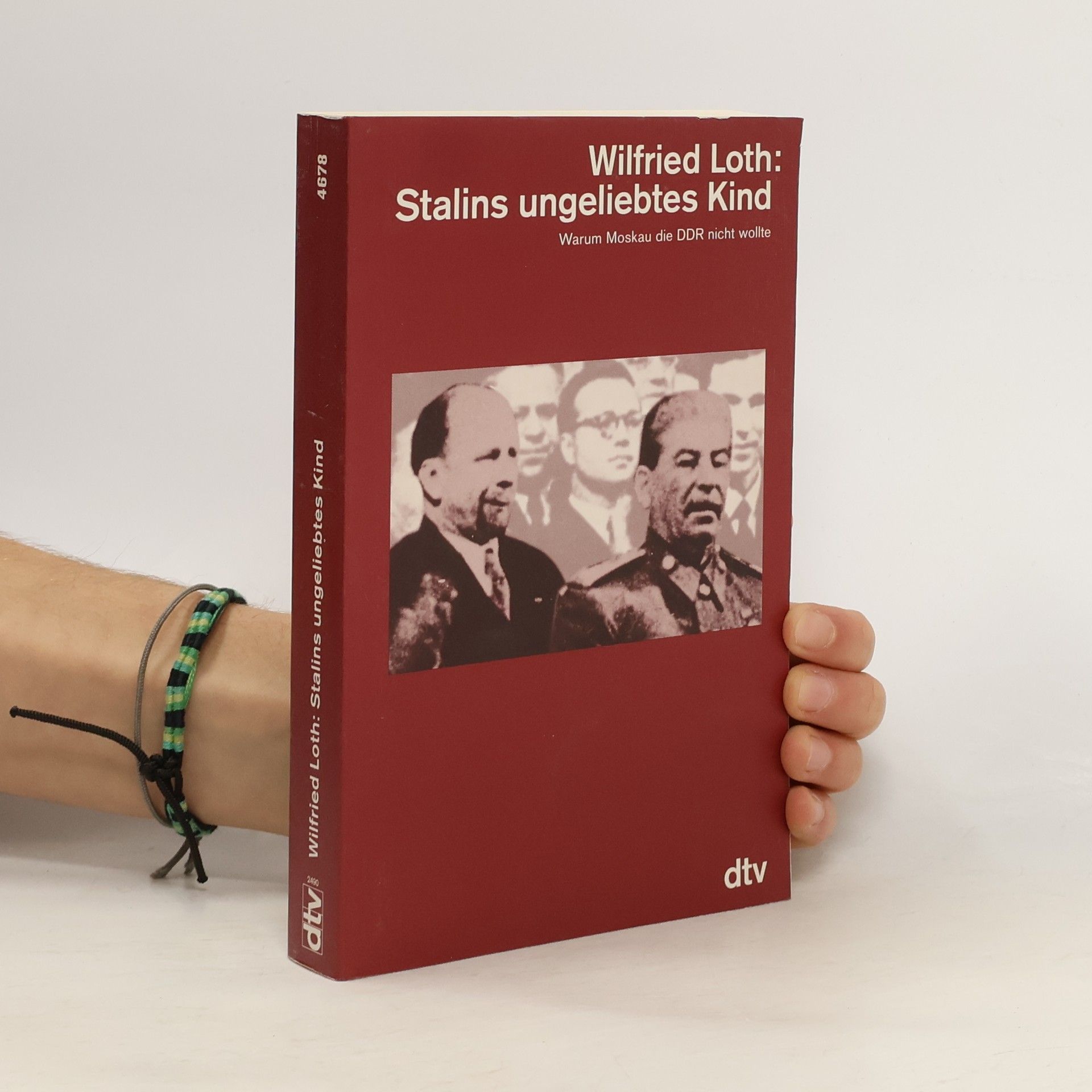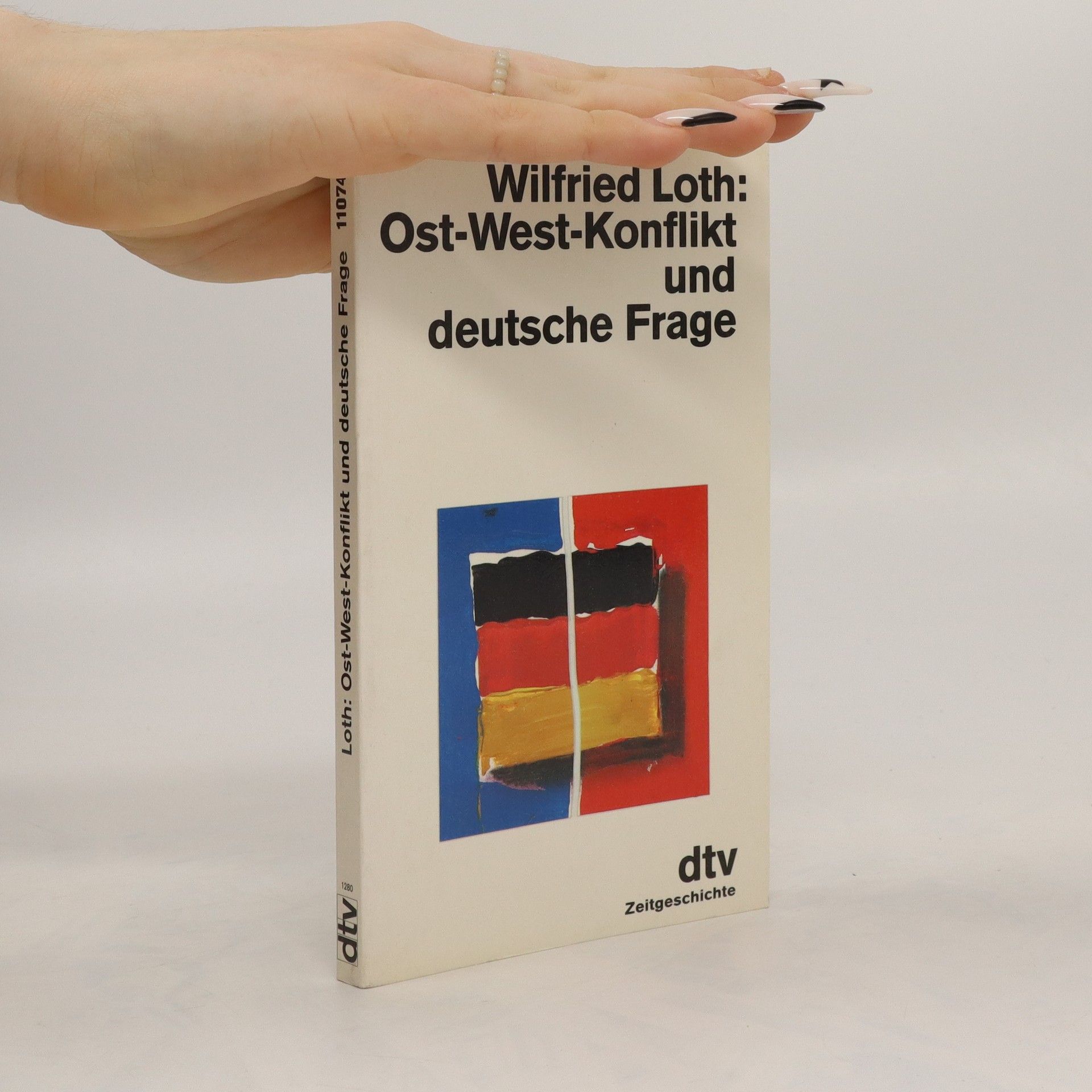Die dramatischen Veränderungen in der Europäischen Union, ausgelöst durch den Brexit, die Griechenland- und Flüchtlingskrise sowie den Populismus, stehen im Fokus dieser aktualisierten Neuausgabe. Wilfried Loth, ein renommierter Experte für europäische Integration, analysiert die Entwicklungen bis zur Corona-Krise und bietet eine fundierte Perspektive auf die Zukunft der EU. Die Leserinnen und Leser erhalten durch seine umfassende Darstellung ein tiefgreifendes Verständnis für die Herausforderungen und Chancen, die die europäische Gemeinschaft prägen.
Wilfried Loth Book order (chronological)
Wilfried Loth is a German historian and political scientist specializing in the German Question and the process of European unification. His work delves deeply into the complex historical processes that have shaped modern Europe. Loth teaches recent and modern history, examining and educating on pivotal moments in the continent's past. His expertise lies in analyzing the political and societal forces that have molded Europe.


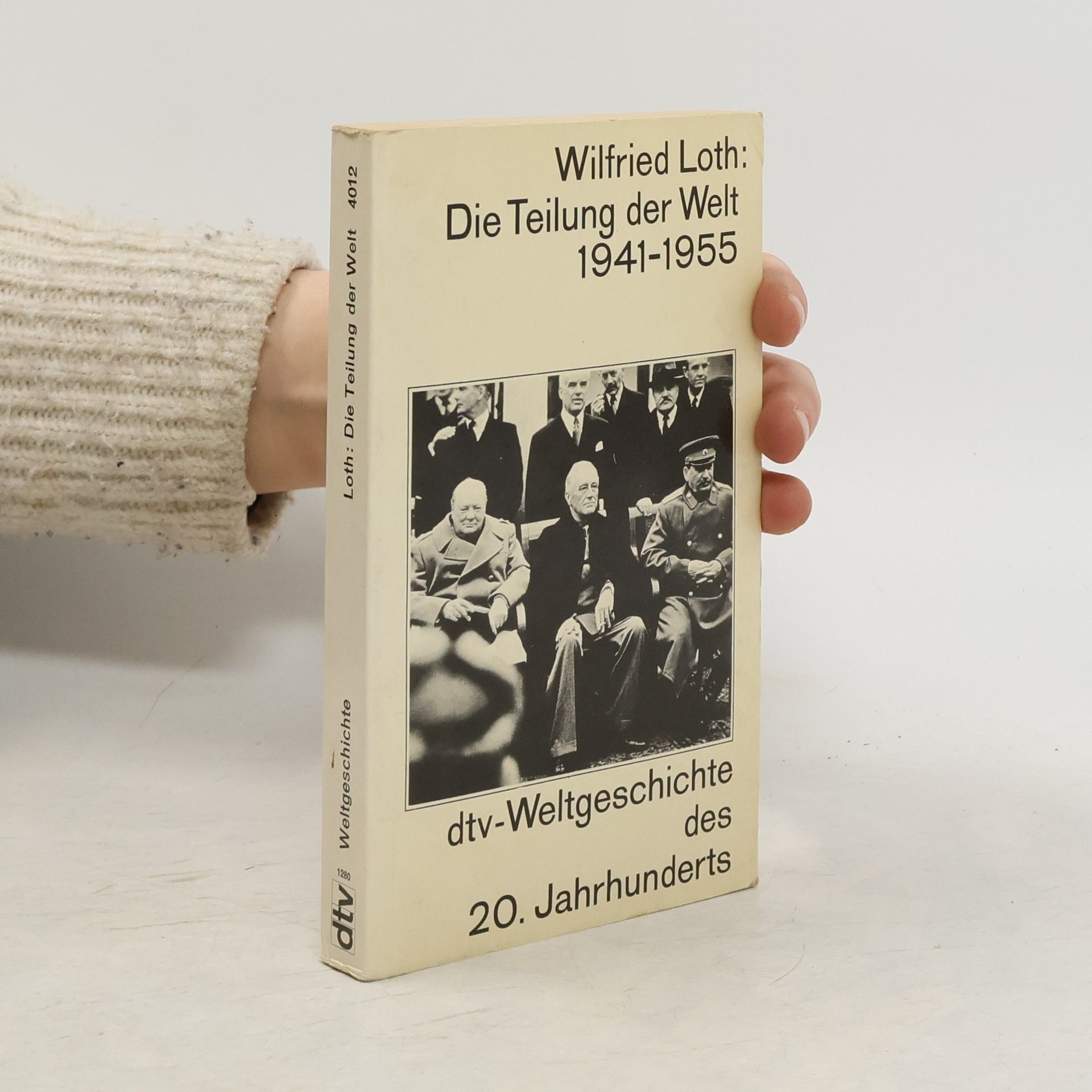
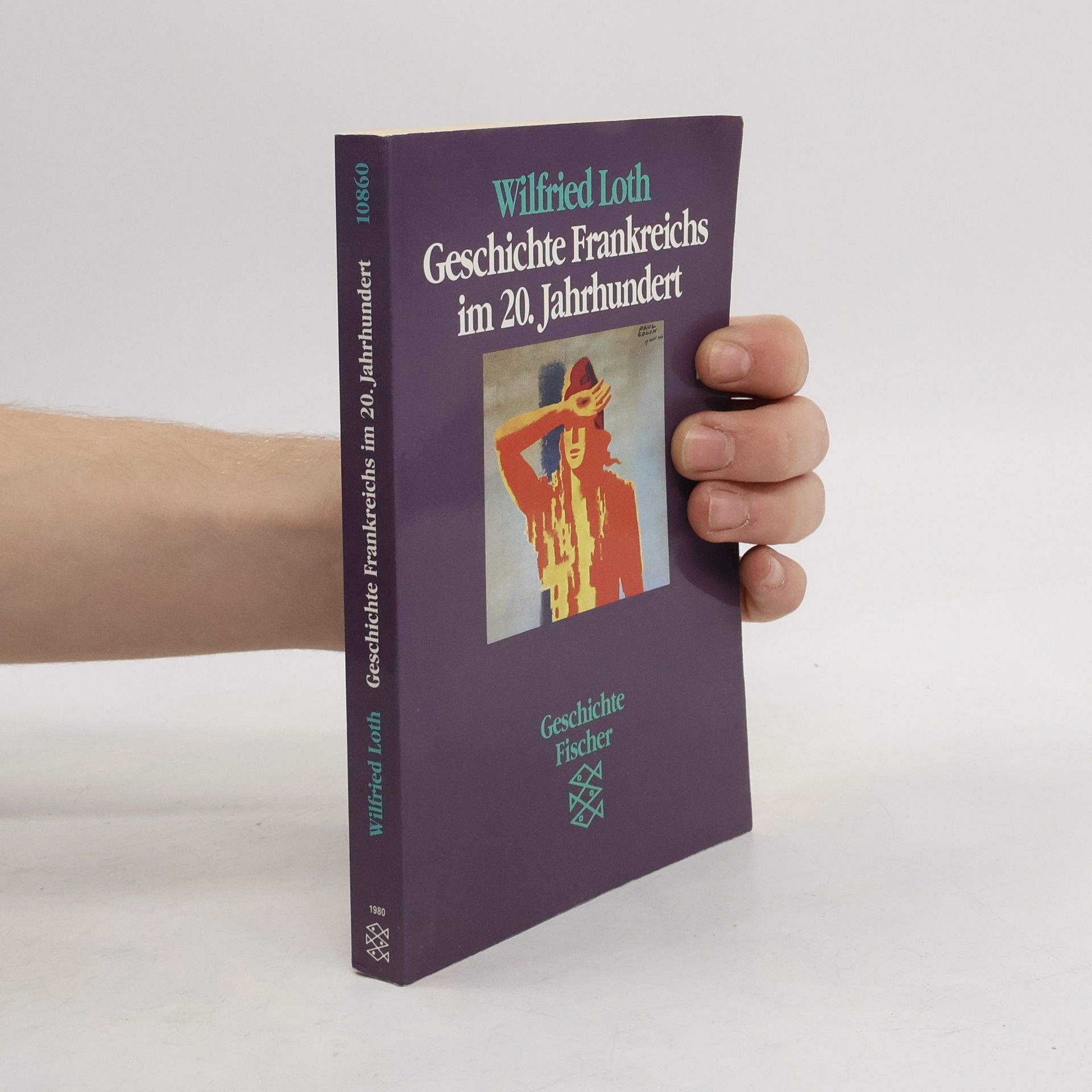
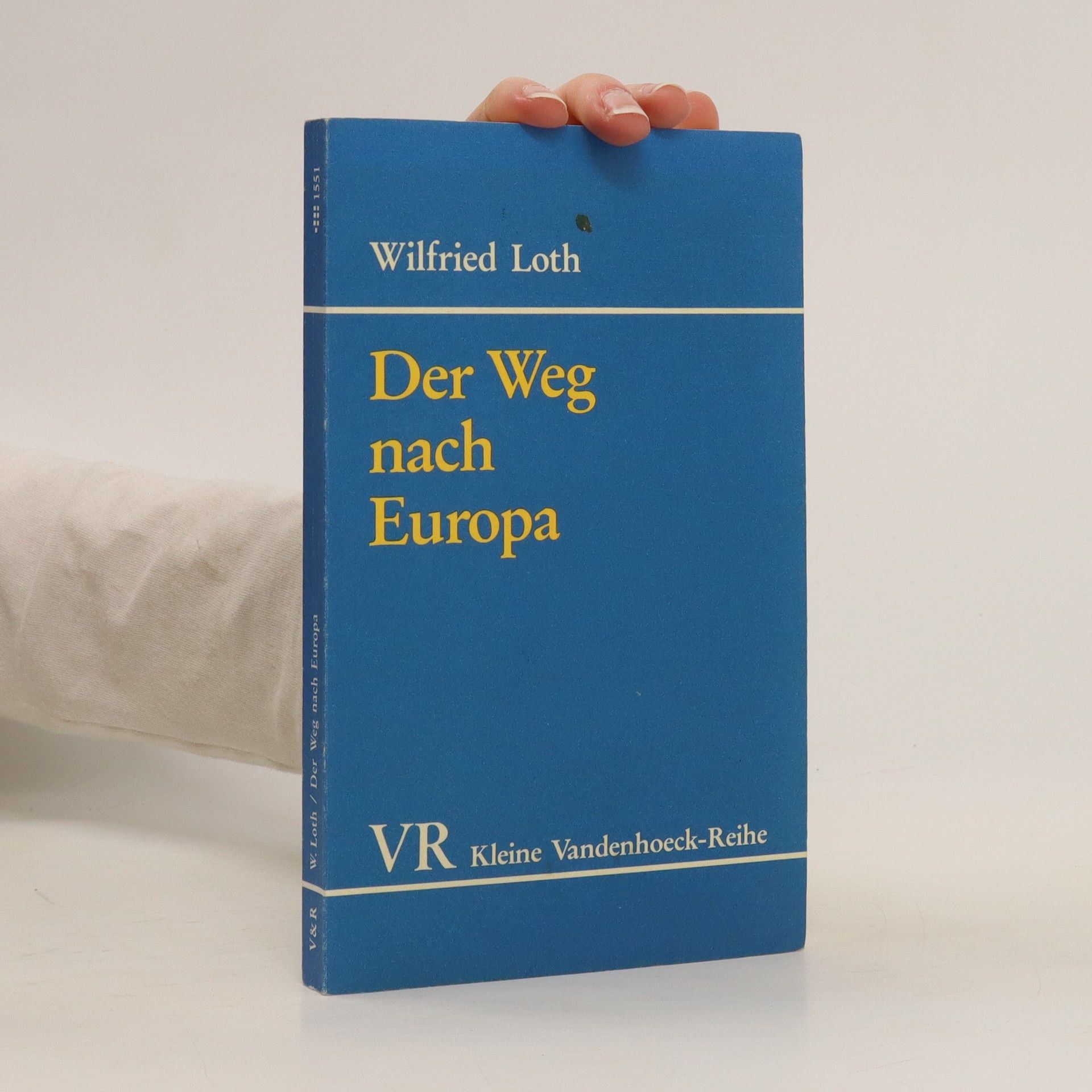

Frieden schaffen
Die Alliierten und die Neuordnung Europas (1940–1945)
Churchill, Roosevelt, Stalin und später auch de Gaulle: Wie dachten die Alliierten über die Zukunft Deutschlands und Europas nach dem Sieg über das NS-Imperium? Wie wollten sie den Frieden sichern, der am Ende des Zweiten Weltkrieges stehen würde? Wilfried Loth entwirft ein umfassendes Panorama der Pläne und Verhandlungen der künftigen Siegermächte, das sich nicht nur auf die Frage nach den Ursachen des Kalten Krieges und die Verantwortung für die Teilung Deutschlands beschränkt. Er wertet neues Material insbesondere aus russischen und französischen Archiven aus und bezieht erstmals die Pläne des antifaschistischen Widerstands und Exils in die Nachzeichnung der Kriegszieldiskussion ein. So kann er zeigen, dass es zwischen den Alliierten mehr Gemeinsamkeiten als Gegensätze gab. Die Konferenzen von Jalta und Potsdam bildeten daher die Grundlage für eine Friedensordnung, die erst nach 1989 voll verwirklicht werden konnte. Nicht zuletzt kann die Rückschau helfen, Maßstäbe für Friedensschlüsse heutiger Kriege zu finden.
Helsinki, 1. August 1975 - Entspannung und Abrüstung
- 316 pages
- 12 hours of reading
Deutsche Geschichte der neuesten Zeit - 5: Das Kaiserreich
Obrigkeitsstaat und politische Mobilisierung
- 241 pages
- 9 hours of reading
Basierend auf sensationellen Archivfunden erzählt Wilfried Loth die Gründungsgeschichte der DDR als eine Geschichte der fortgesetzten Interessengegensätze zwischen der SED-Führung und Stalin, der bis zu seinem Tod 1953 an einer gesamtdeutschen Option festhielt. Stalin wollte weder einen Separatstaat auf dem Boden der sowjetischen Besatzungszone noch überhaupt einen sozialistischen Staat in Deutschland. Statt dessen strebte er eine parlamentarische Demokratie für ganz Deutschland an, die dem Faschismus die gesellschaftlichen Grundlagen entzog und der Sowjetunion den Zugang zu den Ressourcen des Ruhrgebiets eröffnete. Erreicht werden sollte sie in gemeinsamer Verantwortung der Siegermächte. Der sozialistische Separatstaat ist in erster Linie ein Produkt des revolutionären Eifers von Walter Ulbricht, der sich vor dem Hintergrund westlicher Abschottungspraxis entfalten konnte. Wenn der DDR-Sozialismus nicht das Ergebnis langfristiger sowjetischer Planungen war, sondern ein Reflex der weltpolitischen Konstellation, dann stellt sich die Frage nach den Veranwortlichkeiten für die deutsche Teilung völlig neu. Überdies sind zwei Lebenslügen zerstört, die die deutsche Nachkriegspolitik entscheidend geprägt haben. die Behauptung nämlich, zu Adenauers Politik der Westintegration habe es keine Alternative gegeben, und die Legende, die Regierung in Ost-Berlin sei nichts anderes gewesen als eine Marionette in den Händen Moskaus.
Geschichte Frankreichs im 20. Jahrhundert
- 297 pages
- 11 hours of reading
German

